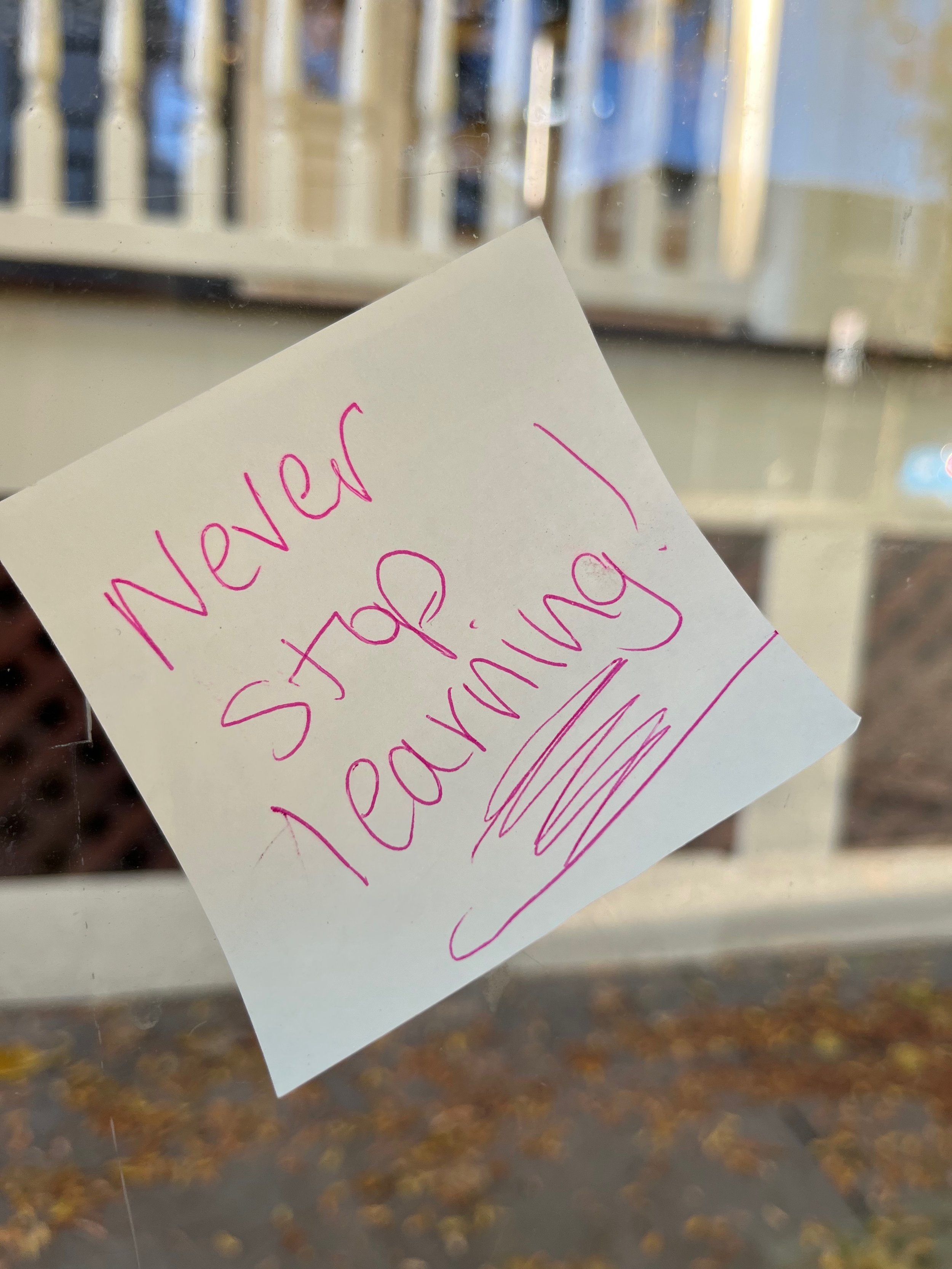Today, I heard a fascinating interview with Saul Permutter, a Nobel-winning physicist, on WBUR’s Here and Now radio show. Perlmutter discussed his new book that shares ideas of how we can all apply the scientific method to decision-making. He noted how Americans tend to have a bias toward valuing people with strong opinions.
Of course, this raised feelings, thoughts, and fears about political divisiveness, but it also reminded me of my work. I’ve noticed a lot of evaluation consultants positioning themselves as “experts'“ and that some who express strong opinions (e.g., “always do this” or “never ever do that”) get a lot of attention. I understand this—as a human with my own biases and attention span, etc.—and also because of programs’ and policymakers’ frustration with experts, particular those in academia. As scientists and academics, we are trained to consider nuances, limitations, and caveats. We get a question, and we say, “well on the one hand….but on the other….” There was a famous joke that I’ve seen attributed to different sources about some type of expert/academic having too many hands because they always answered questions with “on the one hand, on the other, on the other." Sometimes you just want a simple answer!
So, on the one hand, I appreciate how some experts in my field have cut through the noise with clear, compelling communications, and on the other…. (hahahahaha, see what I did there?!). But it’s true—I value expertise, and I am proud of all I’ve learned and can share from a 30+ year career in research and evaluation. And yet experts don’t know everything, and I tire of that positioning at times, especially when we need to listen more to voices who haven’t been heard. I aspire, as I wrote in a post yesterday, to communicate about research and evaluation and theory clearly, in ways that can be understood and used by a range of folks. And yes, I have strong opinions about some things (e.g., pie charts with too many wedges, right?!), and there are times when I want my expertise and experiences to be heard and considered. But on the other hand, I want to do more listening, and you might find, that when we work together, I’ll say, “There’s rarely one right way to do this kind of thing” and “you are the expert about your own program [or experience].” I hope I listen well, and together we generate multiple solutions that we can consider and test together.
To make a sound decision, take a meaningful action, or solve a problem — whether as individuals, in groups, or as a society — we need first to understand reality. But when reality is not easy to discern, and we’re not sure which experts to trust to clarify the matter, we adopt other strategies for navigating the clutter. We “go with our gut”; decide what we “believe” and look for evidence to reaffirm whatever that is; adopt positions based on our affiliations with people we know; even find reassurance in belittling the people who disagree with us. We choose to consult experts who tell us what we like to hear; or bond in shared mistrust of people providing or communicating the information that confuses us, whether they are scientists, scholars, journalists, community leaders, policymakers, or other experts. These coping strategies may help us get by in our personal or professional lives; they may provide a consoling sense of identity or belonging. But they do not actually help us see clearly or make good decisions.
Book excerpt: 'Third Millennium Thinking: Creating Sense in a World of Nonsense'
A post-it someone stuck on the window of my bus stop!
